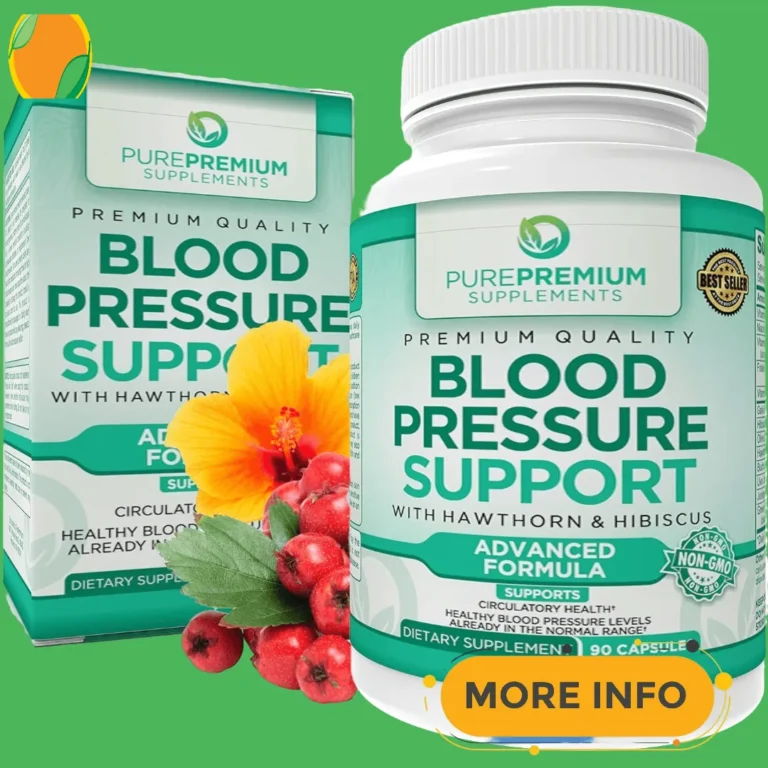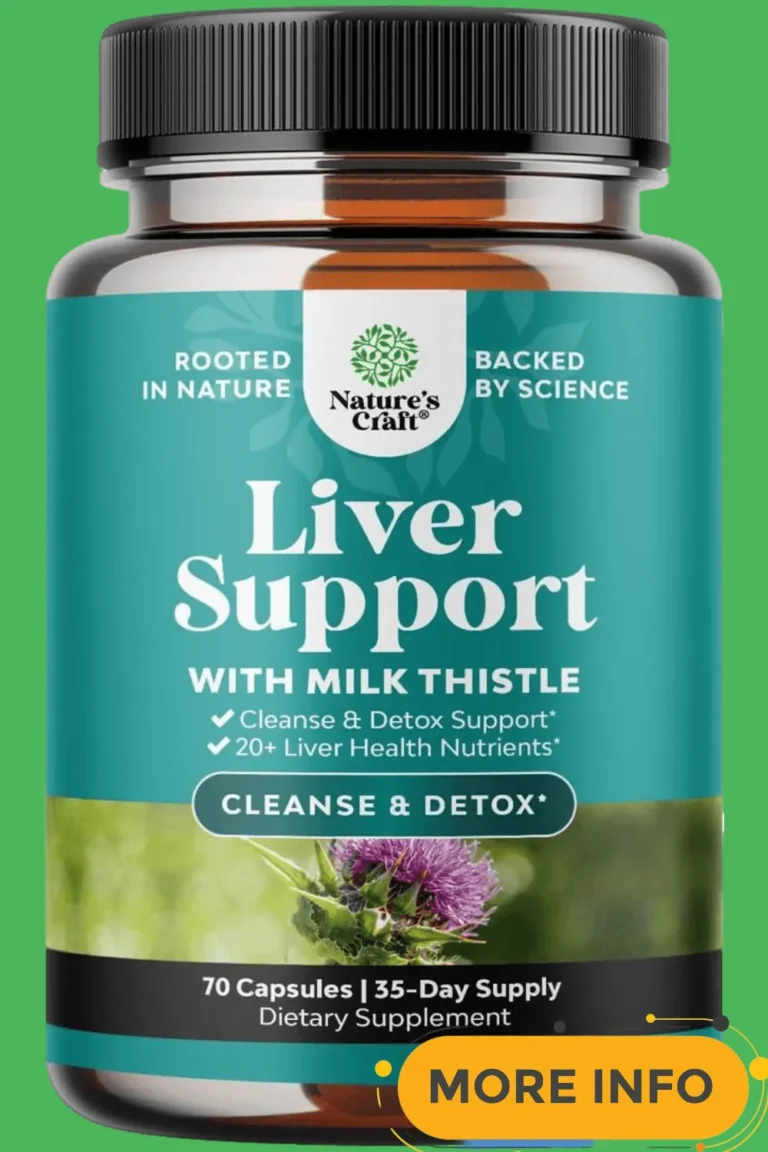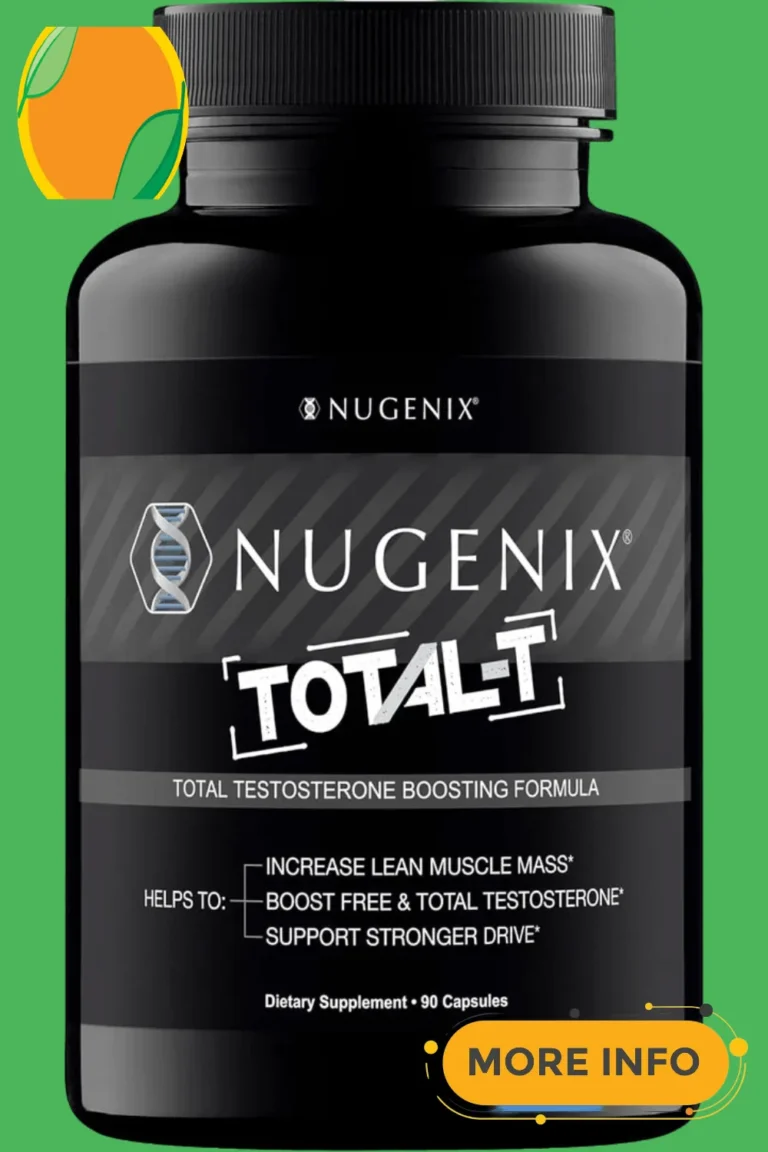Think You Know It All About Vitamins Let Us Prove You Wrong
Getting your body in peak condition is important.
Many people think it is just about exercise and food, but this is not the case.
Vitamins and minerals are an integral part of your body’s fuel system.
Many people fail to supplement their body, which is why this article is important.
If you Think You Know It All About Vitamins Let Us Prove You Wrong.
We will give you some education that your body surely needs.
To ensure that you are getting the recommended amount of vitamins and minerals, try to eat a healthy, balanced diet.
Aim for five to seven portions of fruits and vegetables each day, combined with a small amount of protein.
If this is not possible, quality minerals and vitamin supplements can be taken.
Any supplement that has fat needs to be taken when you eat, so plan to take it around the time you eat.
For instance, Vitamins A, E, and K are not absorbed properly when taken on an empty stomach.
Absorption is more effective if the food has a certain amount of fat.
Sunlight and milk can get you the vitamin D you need.
If you do not like either one, go for a supplement.
Your bones stay strong when your body gets Vitamin D.
Table of Contents Think You Know It All About Vitamins Let Us Prove You Wrong
Make it Pure
When looking for supplements, make sure that you look for those that are in their purest form.
For example, Vitamin D3 is the purest form of this supplement and D2 is the synthetic version.
This means that the latter may not be as effective and may possibly give you different results than you had hoped for.
If you decide to take a multivitamin, be sure you are choosing the right one.
Some multivitamins do not contain all of the vitamins and minerals that truly benefit a person.
Be sure to look for a multivitamin that contains vitamins A, B1, B2, B3, B5, B6, B7, B9, B12, C, D, E, and K.
It should also have minerals zinc, selenium, chromium, copper, molybdenum, and magnesium.
Track the number of vitamins and minerals you take.
If you’re a person that takes a lot of supplements, you could be getting too much of certain vitamins or minerals.
This is usually the case with fat-soluble vitamins like K, D, A, and E.
If the risks worry you or if you take prescriptions, you should talk to a physician.
Do not take vitamins because someone you know is pressuring you to do so.
Everyone is not the same, which means that what works for one person may have an entirely different effect on another.
If you are concerned about your body lacking vitamins, you should consult your doctor to see what he would suggest.
It’s all about the Juice
Juicing is very popular these days, and it is a great way to consume healthy fruits and vegetables.
Many people add a powdered vitamin and mineral supplement to their juice drink to create a healthy breakfast smoothie they can enjoy every day.
This drink is not only very healthy, but also helps increase energy levels.
Juicing is very popular these days, and it is a great way to consume healthy fruits and vegetables.
Many people add a powdered vitamin and mineral supplement to their juice drink to create a healthy breakfast smoothie they can enjoy every day.
This drink is not only very healthy, but also helps increase energy levels.
If you are planning to have a baby any time soon, folic acid is a must.
This nutrient is used in brain development in a fetus and when you’re low, defects can appear.
In fact, taking a full prenatal vitamin if you are trying to get pregnant is a great benefit.
The K of Vitamins
Vitamin K helps the blood to clot, keeps the bones strong, and relieves itching.
Application of vitamin K to the skin helps remove scars, bruises, spider veins and stretch marks.
Additionally, applying vitamin K topically can treat rosacea.
However, too much vitamin K can be harmful if you suffer from kidney or liver disease.
When you decide to take vitamin supplements, look for a combination of vitamins that is right for your needs.
There are a variety of multi-vitamin formulas for babies and young children that focus on the need of a growing child.
As you age, your body has different requirements, so look for a formula that is right for older men and women.
Use Caution
Be careful with taking vitamins such as vitamin E, vitamin A and iron.
These vitamins aren’t water-soluble, which means they build up in your fat and stay in your body if you get too much.
This can lead to side effects which can leave you feeling your worst, so talk to your doctor before taking them.
Vitamin B6 deficiencies can cause anemia, heart disease and high cholesterol.
This powerful vitamin can be found in cereals, liver, beans, eggs, vegetables and red meat.
Vitamin B6 is used to in patients suffering from ADHD, diabetes, autism, Down’s syndrome, sickle cell anemia, migraine headaches, asthma and macular degeneration.
Keep in mind that you need minerals.
Vitamins are important to a healthy diet, but minerals should not be neglected.
They boost the efficiency of enzyme function, and they are essential to nerve and bone communication.
The majority of fruits and vegetables have them, so it should be easy to get them in your diet.
Don’t be short on Magnesium
Are you aware that around 80% of Americans are deficient in magnesium.
It has been linked to many conditions, including insomnia.
A magnesium deficiency can be caused by diet, age, diabetes, and several other conditions.
Eating whole foods and supplementing with magnesium can help balance your diet.
Lunch Vitamins
Make a sandwich for lunch.
When you build your own sandwich, as opposed to buying a pre-packaged option, you decide what it contains.
You can focus on whole grain breads or buns and minimize condiment uses.
You are also in control of the meat, cheese and vegetables, which allows you to minimize fat and increase vitamin intake.
Maintain a Healthy Body
Having a healthy body is not just important; it is a necessity.
Taking the time to understand its needs and how you can supply those needs is a priority.
Take the time to understand what you read here and put these tips to use.
By understanding the uses of vitamins and supplements, you can better feed your body’s needs.
Essential Nutrients
Vitamins are essential nutrients that play a crucial role in maintaining overall health and well-being.
From boosting our immune system to supporting healthy skin and hair, vitamins are vital for our body to function optimally.
However, with the abundance of information available on the internet, it can be easy to think that we know everything there is to know about vitamins.
In reality, there is much more to learn and understand about these micronutrients than meets the eye.
In this article, we will debunk common misconceptions and myths surrounding vitamins and shed light on the latest research and findings in the field of nutrition.
Whether you are a health enthusiast or simply looking to improve your overall health, this article will provide you with valuable insights and information that may challenge your current beliefs about vitamins.
So, sit back, relax, and get ready to expand your knowledge and rethink everything you thought you knew about vitamins.
Let us guide you through the fascinating world of vitamins and show you that there is always more to learn.
Vitamin myths debunked – enlightening truths
Navigating the realm of vitamins and supplements can be a daunting task, often clouded by pervasive myths and misinformation.
One common misconception is that taking excessive amounts of vitamins will always result in better health outcomes.
Contrary to this belief, the human body can only absorb and utilize a certain amount of each vitamin, with excess quantities typically being excreted through urine.
It is essential to understand the recommended daily allowances for each vitamin and strive to meet these targets through a balanced diet.
Overconsumption of certain vitamins can lead to adverse health effects, underscoring the importance of moderation and informed decision-making when it comes to supplement intake.
Surprising facts about essential nutrients
As we unravel the intricate world of essential nutrients, it becomes apparent that some surprising facts challenge conventional wisdom on vitamins and minerals.
For instance, vitamin D, often associated with sunlight exposure, plays a crucial role not only in bone health but also in immune function and mood regulation.
Furthermore, the mineral magnesium, while often overshadowed by its more renowned counterparts, is vital for over 300 biochemical reactions in the body, including muscle and nerve function.
These lesser-known aspects underscore the complexity and interconnectedness of essential nutrients, emphasizing the importance of a well-rounded approach to nutrition for optimal health and wellness.
Expert insights on optimal nutrition
Delving deeper into the realm of optimal nutrition unveils a myriad of nuances that can significantly impact one’s well-being.
Nutrition experts stress the importance of a balanced diet rich in diverse nutrients to support overall health.
Emphasizing the significance of micronutrients such as vitamins, minerals, and antioxidants, these professionals highlight the interconnected roles these components play in maintaining bodily functions and safeguarding against various health conditions.
Additionally, they underscore the value of individualized nutrition plans tailored to specific needs and goals, underscoring the criticality of personalized approaches in fostering long-term health and vitality.
In conclusion, the world of vitamins is a complex and ever-evolving field that requires continuous education and awareness.
While many of us may believe we have a firm understanding of the role of vitamins in our health, it is essential to stay informed and open to new research and developments.
The intricacies of vitamin absorption, interactions, and optimal dosages are key factors that can impact our overall well-being.
By remaining curious and receptive to new information, we can enhance our knowledge and make more informed decisions about our vitamin intake, ultimately contributing to our long-term health and vitality.
FAQ
What are some common misconceptions about vitamins and their effectiveness?
One common misconception is that taking higher doses of vitamins will always provide more benefits, when in reality, excessive intake can be harmful.
Another misconception is that all vitamin supplements are effective, but some may not be absorbed well by the body or may interact with medications.
People also believe that vitamins can replace a healthy diet, when in fact, whole foods provide a wider range of nutrients than supplements alone.
Finally, some assume that all vitamins are safe, but certain supplements can have negative side effects or contraindications for certain individuals.
How can certain vitamins interact with medications or other supplements?
Certain vitamins can interact with medications or other supplements by affecting their absorption, metabolism, or effectiveness.
For example, vitamin K can interact with blood thinners like warfarin, while vitamin E can potentially interfere with certain cancer treatments.
It’s important to consult with a healthcare provider before combining vitamins with medications or other supplements to avoid any adverse interactions and ensure optimal health outcomes.
What are some signs that you may be deficient in a certain vitamin?
Signs of vitamin deficiency may include fatigue, muscle weakness, frequent illness, slow wound healing, brittle hair and nails, mood changes, and unusual food cravings.
It is important to consult with a healthcare provider for proper diagnosis and treatment if you suspect a deficiency.
Can taking too many vitamins have negative health effects?
Yes, taking too many vitamins can have negative health effects as some vitamins can be toxic in large amounts and can lead to symptoms such as nausea, vomiting, and organ damage.
It is important to follow recommended daily intake levels and consult with a healthcare provider before taking high doses of vitamins to avoid potential health risks.
How can you ensure you are getting the right balance of vitamins in your diet?
To ensure you are getting the right balance of vitamins in your diet, aim for a varied and colorful plate by including a wide range of fruits, vegetables, whole grains, lean proteins, and healthy fats.
Consider consulting a healthcare provider or a registered dietitian to assess your individual needs and possibly recommend a multivitamin supplement.
Additionally, keeping track of your food intake and considering potential deficiencies based on your lifestyle, age, and health conditions can help you make informed choices to maintain a balanced vitamin intake.







